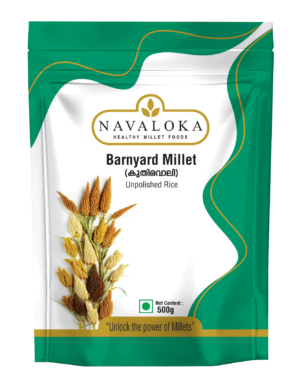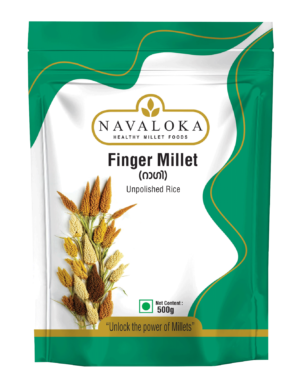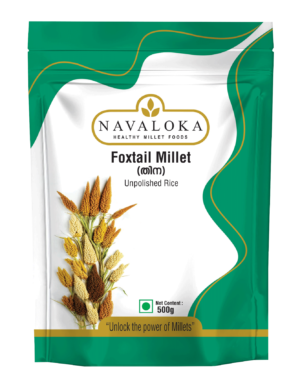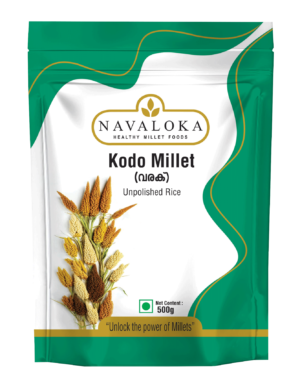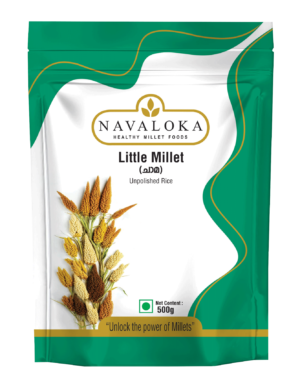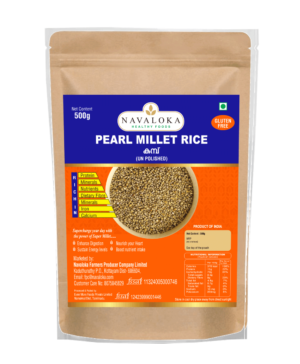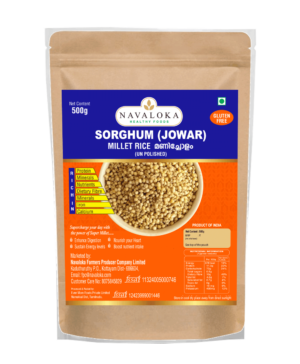Millet Grains
Millet grains are small, round, and nutritious. They’re a good source of fiber, protein, and minerals like iron, calcium, and potassium.
Product Categories
Filter by price
Filter by Attributes
Featured Products
-
 Pure Farmed Bee Honey (650g)
Pure Farmed Bee Honey (650g)₹320.00Original price was: ₹320.00.₹290.00Current price is: ₹290.00. -
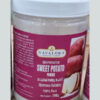 Dehydrated Sweet Potato Powder
Dehydrated Sweet Potato Powder₹240.00Original price was: ₹240.00.₹200.00Current price is: ₹200.00. -
 Navaloka Pure Jaggery Powder
Navaloka Pure Jaggery Powder₹140.00Original price was: ₹140.00.₹110.00Current price is: ₹110.00. -
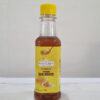 Pure Farmed Bee Honey (320g)
Pure Farmed Bee Honey (320g)₹160.00Original price was: ₹160.00.₹150.00Current price is: ₹150.00. -
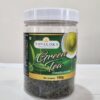 Green Tea (Camellia sinensis)
Green Tea (Camellia sinensis)₹160.00Original price was: ₹160.00.₹150.00Current price is: ₹150.00.
Fast Filters:
Sale!
Barnyard Millet Unpolished Rice
In Stock
SKU:MG1002
Sale!
Brown Top Millet Unpolished Rice
In Stock
SKU:MG1006
Sale!
Finger Millet Unpolished Rice
In Stock
SKU:MG1007
Sale!
Foxtail Millet Unpolished Rice
In Stock
SKU:MG1005
Sale!
Kodo Millet Unpolished Rice
In Stock
SKU:MG1003
Sale!
Little Millet Unpolished Rice
In Stock
SKU:MG1001
Sale!
Pearl Millet Unpolished Rice
In Stock
SKU:MG1004
Sale!
Sorghum (Jowar) Millet Unpolished Rice
In Stock
SKU:MG1008
Millet grains are gaining attention worldwide for their nutritional value, health benefits, and environmental sustainability. Here’s a breakdown of their importance:
1) Nutritional Value
Millets are nutrient-dense and considered a superfood. They are:
- Rich in fiber, aiding digestion and improving gut health.
- High in protein, making them a good alternative to animal-based proteins.
- Packed with essential minerals like iron, calcium, magnesium, and phosphorus.
- Gluten-free, suitable for people with celiac disease or gluten sensitivity.
- Low glycemic index, beneficial for managing blood sugar levels.
2) Health Benefits
Millets help in:
- Managing diabetes – due to their low GI and high fiber.
- Weight management – they promote satiety and reduce overeating.
- Heart health – thanks to their high magnesium and potassium content.
- Preventing anemia – due to iron and folate content.
- Reducing cholesterol – fiber helps lower LDL (bad cholesterol).
3) Agricultural and Environmental Importance
- Drought-resistant and climate-resilient – can grow in poor soils with minimal water.
- Short growing season – making them ideal for crop rotation and food security.
- Require fewer inputs – less need for pesticides or fertilizers, which reduces environmental impact.
4) Economic and Cultural Value
A staple for many traditional communities in Africa, Asia, and parts of Europe.
Growing interest in millets boosts local farming economies.
Plays a role in preserving agricultural biodiversity.
Common Types of Millets:-
Pearl millet (Bajra)
Finger millet (Ragi)
Foxtail millet
Little millet
Kodo millet
Barnyard millet
Sorghum (Jowar)

